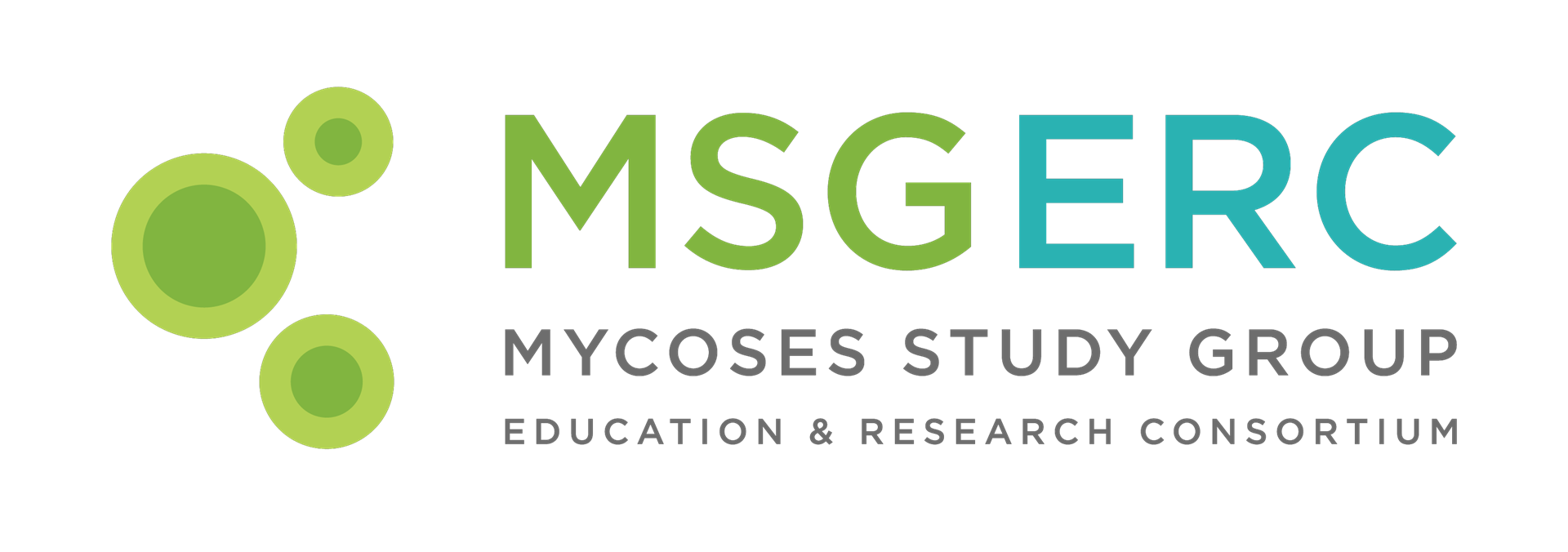MSGERC Education and Research Consortium
Quadripartite Mission
In the new era of clinical research, the MSGERC Education and Research Consortium will continue to champion evidence-based diagnoses, prophylaxis, treatment and management of invasive fungal infections through its quadripartite mission:
Education
Championing excellence and innovation in the development and delivery of evidence-based medical knowledge in invasive fungal disease management for patients globally.
Research
Translational thought leadership for the development of diagnostics and medicinal antifungals for invasive fungal infections.
Scholarship
Scholarly work to promote antifungal stewardship, investigational outbreak tracking, implementation science, publications, and leadership.
Advocacy
MSGERC will work to advocate for the study and development of antifungal therapies and diagnostics, especially addressing public health issues related to diseases impacted by environmental changes and resistance. Additionally, MSGERC will provide space that includes patient advocacy so that we meet the needs of our patients worldwide.
The MSGERC Functions
In 2013, the Mycoses Study Group investigators formed a non-profit charitable organization named the Mycoses Study Group Education and Research Consortium (MSGERC) to continue it’s collective mission as key opinion leaders in mycology and is representative of over 160 physicians and scientists from leading national and international universities. The MSGERC was awarded 501(C)(3) status in December 2014.
